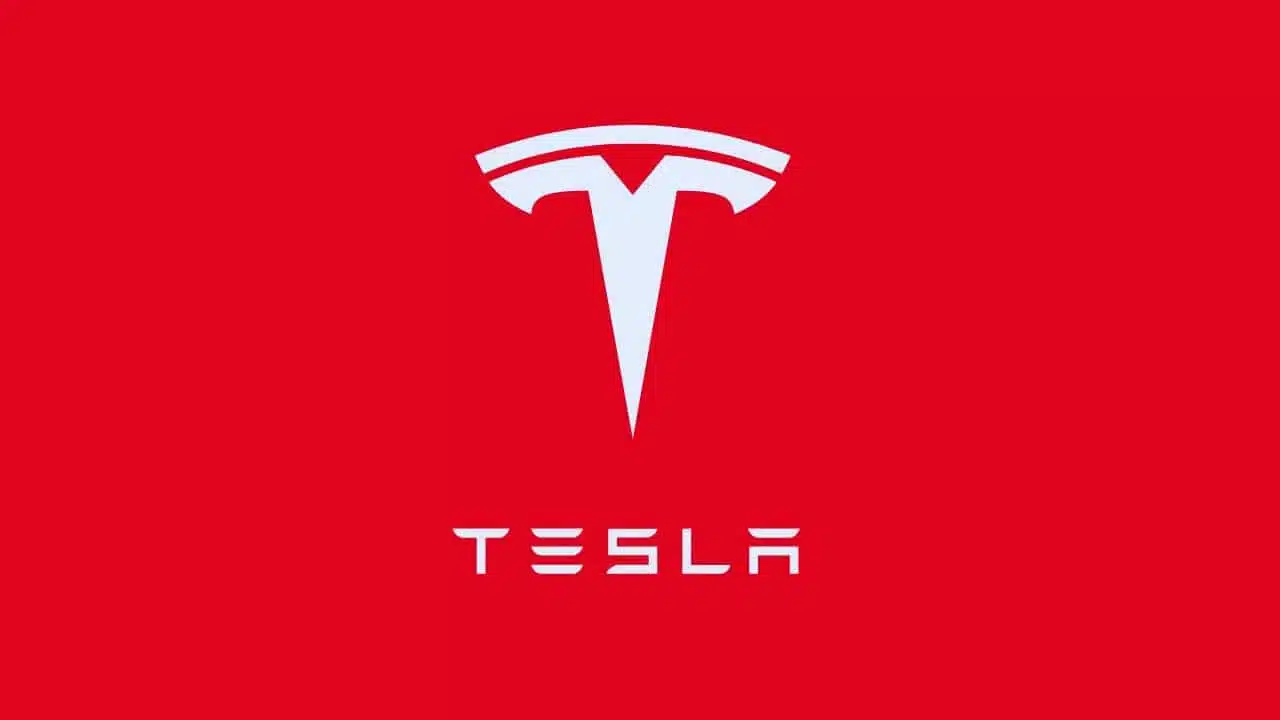Tesla shares surged more than 8% in early trading Monday following reports that President-elect Donald Trump’s administration plans to prioritize regulations for autonomous vehicles. The rise reflects growing investor confidence that a unified federal framework could accelerate Tesla’s vision for self-driving technology and reshape the automotive industry.
Trump Administration’s Focus on Autonomous Vehicle Regulations
Reports from Bloomberg indicate that the Trump transition team is working to make self-driving vehicles a top priority for the Department of Transportation (DOT). Currently, companies like Tesla face a fragmented regulatory landscape, with individual states imposing varying requirements for testing and deploying autonomous cars.
The absence of a national framework has been a significant hurdle for manufacturers looking to mass-produce vehicles with advanced automation features, particularly those without traditional controls like steering wheels and pedals. By streamlining the rules at a federal level, the incoming administration aims to ease these bottlenecks, allowing for faster adoption of driverless technology.
Sources within the Trump camp have revealed that the team is seeking experts to help craft policies that address both safety and innovation in self-driving car technology. The National Highway Traffic Safety Administration (NHTSA), the federal body responsible for vehicle safety standards, will likely play a central role in shaping the new regulatory framework.
Elon Musk’s Growing Ties to the Trump Administration
Elon Musk, Tesla’s CEO, has been a visible supporter of Trump’s presidency. Musk not only donated significant sums to Trump’s campaign but also appeared at rallies and expressed enthusiasm for the administration’s goals. His alignment with the Trump team has raised expectations that Tesla could directly benefit from any policy changes.
Musk’s personal wealth has also seen a dramatic increase, thanks in part to Tesla’s soaring stock price. According to the Bloomberg Billionaires Index, Musk gained $15 billion immediately after Trump’s election victory, pushing his net worth to over $300 billion.
Tesla Stock Performance Post-Election
Since Trump defeated Vice President Kamala Harris in the recent presidential election, Tesla’s stock has appreciated by nearly 30%. This sharp rise reflects investor optimism about the company’s future, particularly in light of potential regulatory changes that could favor autonomous vehicles.
Tesla’s market capitalization now exceeds $900 billion, making it one of the most valuable automakers in the world. Musk, who owns nearly 13% of Tesla’s outstanding shares, has significantly benefited from this upward trend.
Current Challenges in Self-Driving Technology
Despite its advancements in autonomous driving, Tesla continues to face regulatory and technical challenges. Currently, federal safety standards require vehicles to include steering wheels and pedals, making it difficult for Tesla to fully transition to cars without these features.
Most Tesla vehicles come equipped with Autopilot, a semi-autonomous driving feature that allows the car to steer, accelerate, and brake within certain conditions. Newer models also include “Full Self-Driving” (FSD) capabilities, enabling advanced functions like highway merging, lane changes, and automatic parking.
However, Tesla’s self-driving technology is not without controversy. There have been several accidents involving vehicles operating in autonomous mode. For instance:
- In July, a Tesla Model S on FSD mode struck and killed a motorcyclist in Seattle.
- Another Tesla owner reported narrowly avoiding a collision when the vehicle failed to slow down for a train crossing.
These incidents highlight the need for robust testing and oversight before fully autonomous cars can become mainstream.
Proposed Legislative and Regulatory Changes
Creating a unified framework for self-driving vehicles will likely require both executive and legislative action. While the NHTSA is expected to update safety standards to accommodate autonomous technology, Congress would need to pass comprehensive legislation to establish clear guidelines for deployment and liability.
A bipartisan bill is reportedly under discussion to create federal rules for autonomous vehicles, according to Bloomberg. Such legislation would aim to balance innovation with public safety, ensuring that companies like Tesla can continue to develop cutting-edge technology while addressing consumer concerns.
Potential Leadership at the Department of Transportation
The Trump administration is reportedly considering several candidates for the role of Transportation Secretary, a position that will be crucial in shaping the future of self-driving car regulations.
- Emil Michael, a former Uber executive, is a top contender.
- Republican Representatives Sam Graves of Missouri and Garret Graves of Louisiana are also being considered.
Whoever assumes this role will have significant influence over the direction of U.S. transportation policy, including the integration of autonomous vehicles into the broader mobility ecosystem.
Tesla’s Recent Innovations in Autonomous Technology
In October, Tesla unveiled its long-anticipated Robotaxi, a driverless vehicle designed to operate without a steering wheel or pedals.
- The Robotaxi can accommodate two passengers and is expected to cost under $30,000.
- Musk claims the vehicle will cost just 20 cents per mile to operate, making it an affordable alternative for urban transportation.
- Owners could potentially lease their Robotaxis for passive income, with production expected to begin in 2026 and market availability by late 2027.
At the same event, Musk introduced the Robovan, an autonomous delivery truck that can transport up to 20 people or carry goods. Like the Robotaxi, the Robovan lacks traditional controls, signaling Tesla’s commitment to a fully driverless future.
Implications for the Autonomous Vehicle Industry
If the Trump administration successfully implements a federal framework for self-driving cars, it could set a global precedent for how governments regulate autonomous technology. A streamlined approval process would not only benefit Tesla but also other automakers and tech companies investing in this space, such as Waymo, General Motors’ Cruise, and Uber.
Tesla’s focus on integrating advanced automation into electric vehicles positions it to lead the industry in innovation and market adoption. By aligning itself with regulatory trends, the company could accelerate the transition to a future dominated by autonomous, electric transportation.
A Pivotal Moment for Tesla and the Industry
Tesla’s stock surge reflects more than just optimism about the company’s future; it underscores the broader implications of a potential regulatory shift under the Trump administration. As federal policymakers work to establish a unified framework for self-driving cars, companies like Tesla stand to benefit from a clearer path to innovation and commercialization.
For Elon Musk, the combination of supportive policies, cutting-edge technology, and a growing market for electric vehicles signals a new era of opportunity. As the world moves closer to a driverless future, Tesla remains at the forefront of this transformative journey.





































